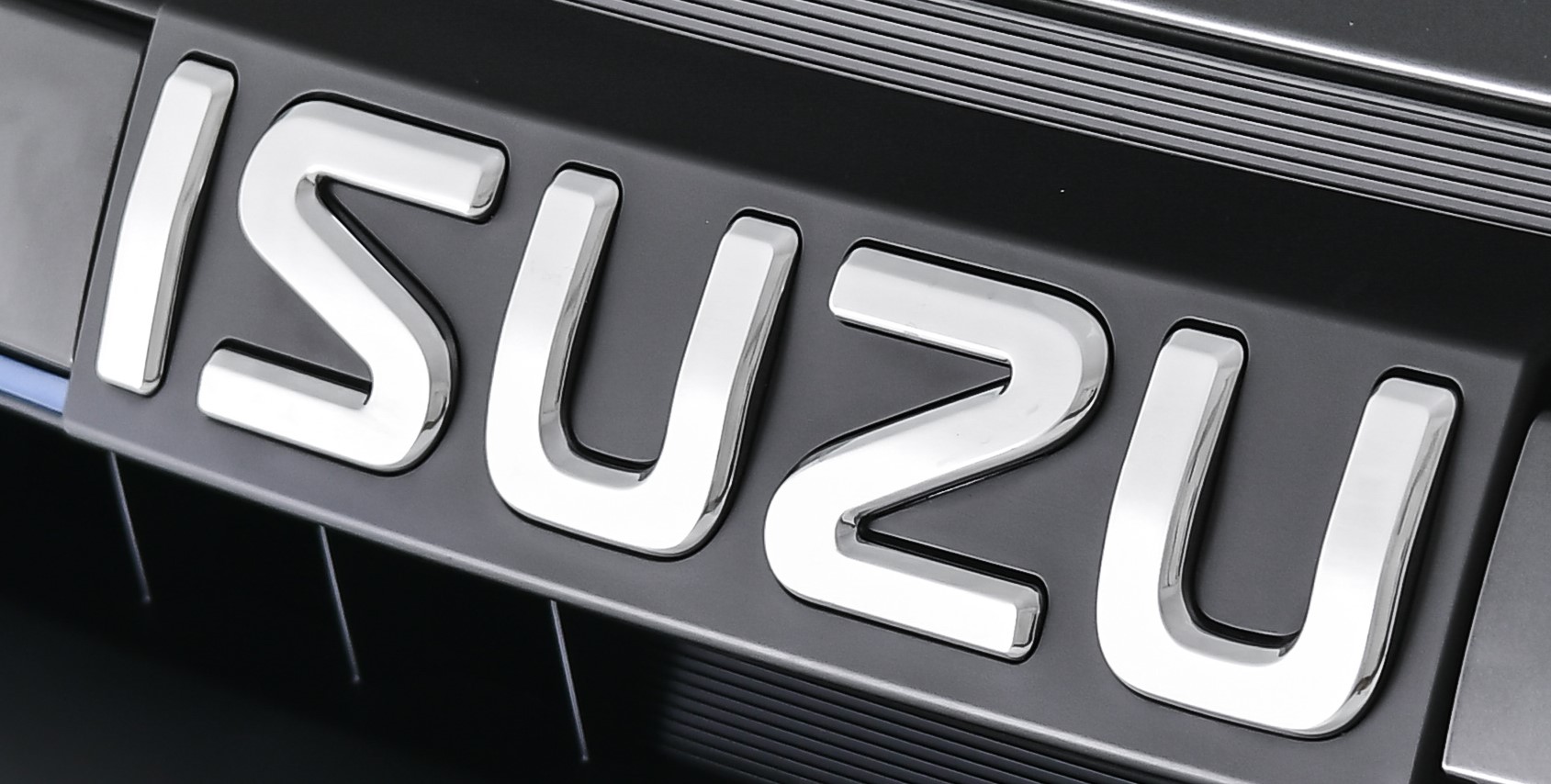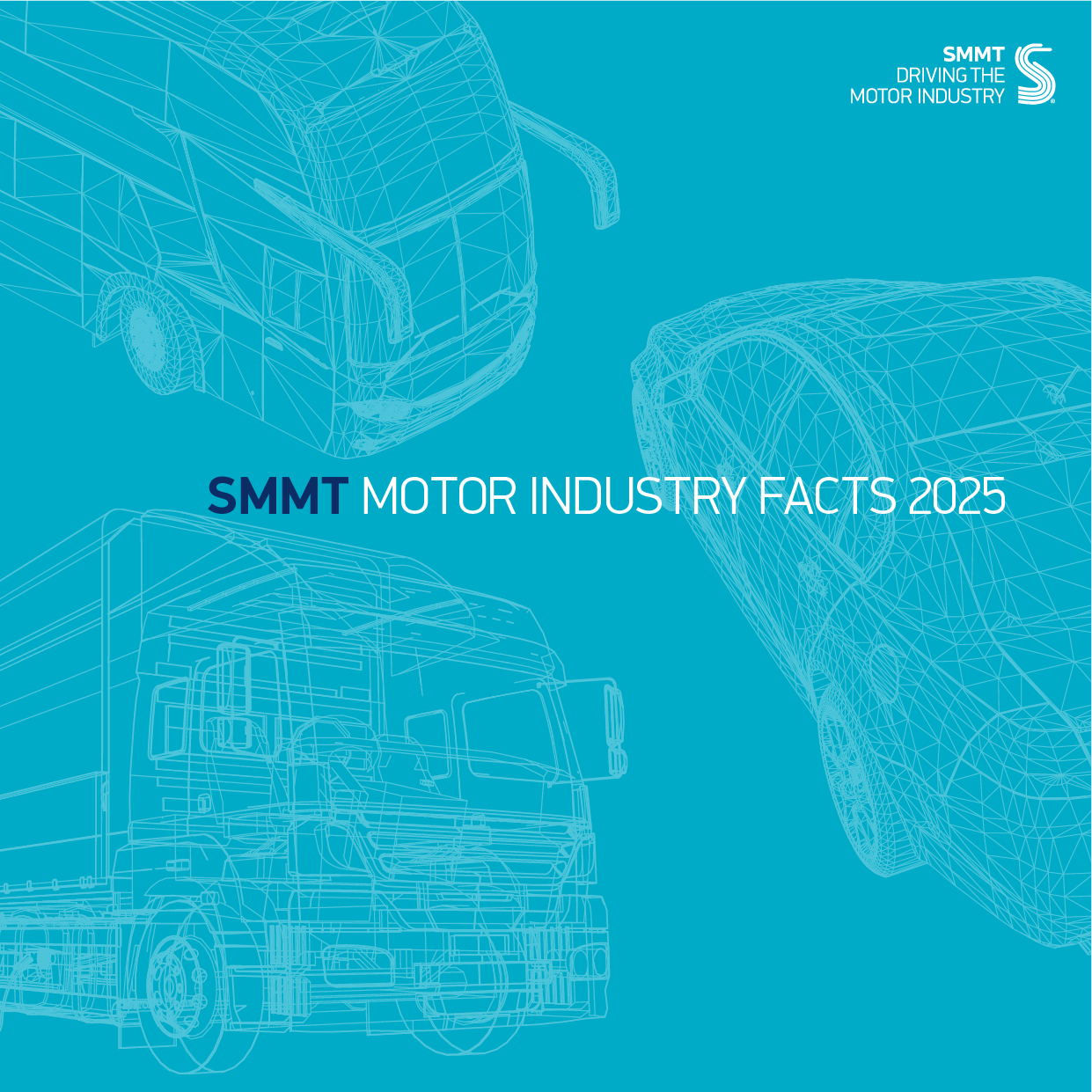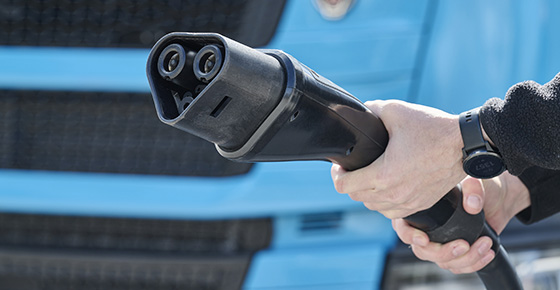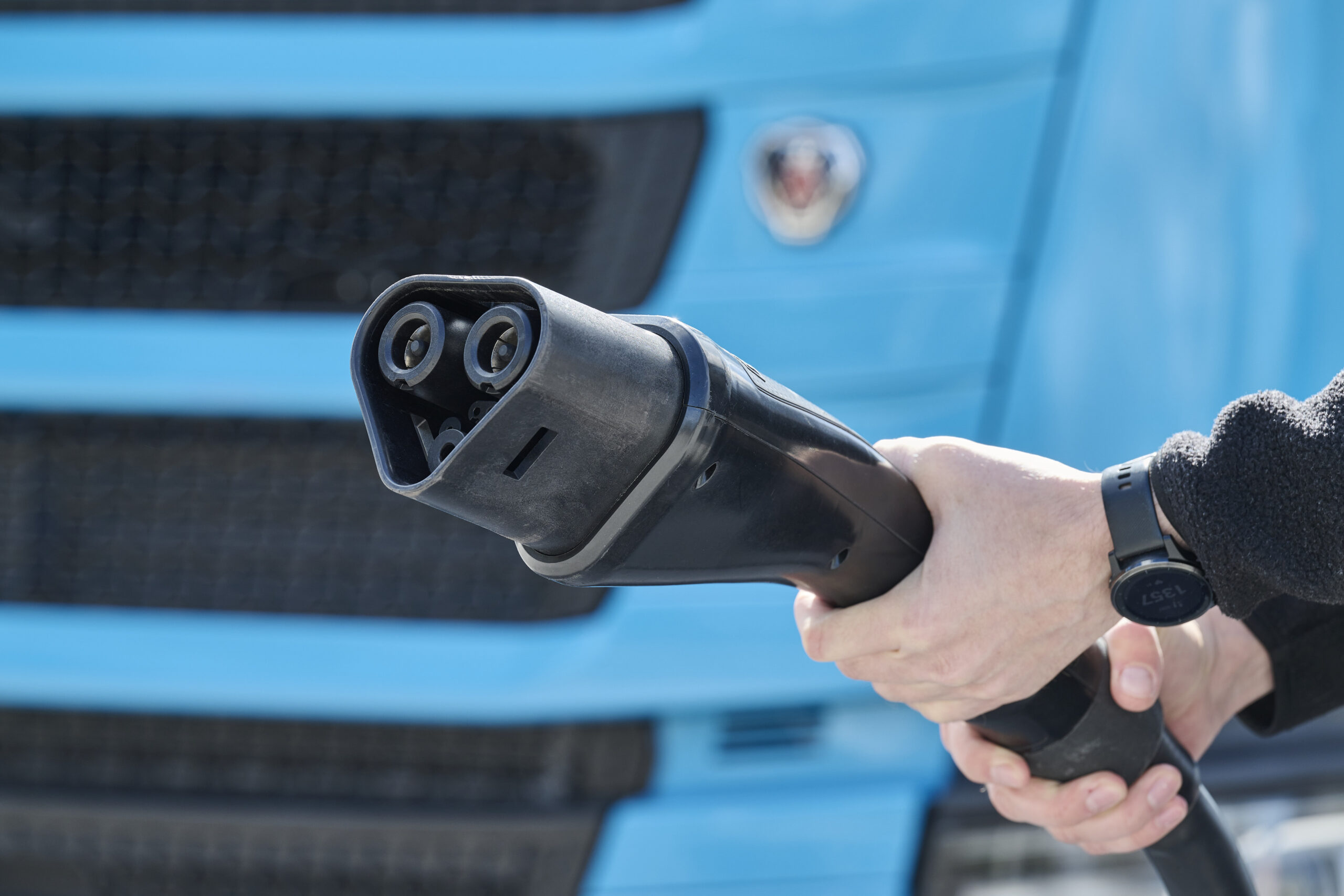
What does HMRC’s recent change in BIK legislation mean for owners of extended and double cab pick-ups?
In the Autumn Budget 2024, released on 30 October 2024, HMRC introduced a change in the legislation regarding the tax treatment of double and extended cab pick-ups. Vehicles purchased from April 2025 onwards are classified as company cars for Benefit-in-Kind (BIK), Capital Allowances (CA), and some deductions from business profits.
It is important to note that these changes do not affect the ability for VAT-registered businesses to reclaim VAT for extended and double cab pick-ups with a payload exceeding one tonne, and Vehicle Excise Duty also remains at the commercial vehicle rate of £345 per year.
What are the new changes, and how does this affect extended and double cab pick-ups?
With regards to BIK, HMRC has updated its legislation, classifying extended and double cab pick-ups as cars as opposed to commercial vehicles since 6 April 2025. Extended and double cab pick-ups have moved away from the previously set flat rate of £4,020 (2025/26 tax year) and instead are subjected to the car BIK rate, which can vary between 3% and 37% based on the vehicle’s CO2 emissions.
Since 6 April 2025, extended and double cab pick-ups over a one-tonne payload are subject to company car BIK rates (3%), increasing by 1% annually until 2028.
CA, meanwhile, allows businesses to deduct some or all the value of the items – such as vehicles – from their profits before tax. Since 1 April 2025, extended and double cab pick-ups are also classified as company cars with regard to CA, meaning double and extended cab pick-ups have moved away from the previous classification as ‘plant and machinery’ for CA purposes. Instead, they are subjected to the company car rates, which can vary between 6%, 18% and 100%, again based on the vehicle’s CO2 emissions.
It is also important to note that expenditure must be incurred prior to 1 October 2025 to fall under the old regime.
Will there be a BIK transitional period?
If you purchased, leased or ordered a double or extended cab pick-up before 6 April 2025, HMRC has instated a transitional period, whereby you will have the existing commercial vehicle BIK treatment until the earlier of disposal, lease expiry, or 5 April 2029.
This mitigation ensures that all double and extended cab pick-ups already owned, leased or ordered before 6 April 2025 will not be subject to the BIK changes and will be classified as commercial vehicles.
For CA purposes, the expenditure must also be incurred prior to 1 October 2025 for the double or extended cab pick-up to qualify as ‘plant and machinery’.
Each case will be judged on an individual basis, however, as to whether the vehicle will be treated as purchased, leased, or ordered before 1 or 6 April 2025. You can demonstrate this by providing a contract, deposit documentation, written statement or an email from the dealership or supplier confirming that an order has been placed.
Why have these changes been made?
The change in legislation originates from a Court of Appeal ruling, which found that double and extended cab pick-ups do not demonstrate a predominant suitability for transporting goods over passengers. As a result, HMRC has moved to classify these dual-purpose vehicles as cars for the purposes of BIK, CA, and deductions from business profits.
Will single cab pick-ups be affected by this?
Extended cab pick-ups are affected; however, single cabs will be unaffected by the changes, as HMRC ruled that they demonstrate clear suitability for commercial use.
For end customers utilising double cab pick-ups as company cars, the new legislation now incurs the new tax treatment for vehicles purchased, leased, or ordered since 1 or 6 April 2025.
Will the changes affect extended and double cab pick-ups from being VAT reclaimable?
VAT treatment of double cab pick-ups remains unaffected. All double cab pick-ups with payloads over one tonne qualify for VAT reclaims if the business which purchases the vehicle is VAT registered and making fully taxable supplies. The changes only impact CA, BIK, and some deductions from business profits.
Isuzu UK’s commitment to supporting its customers is of utmost importance, and we will continue to monitor developments closely and collaborate with industry stakeholders to help customers navigate these changes effectively.
What about changes to Vehicle Excise Duty (VED)?
Despite the shift in classification, VED for these vehicles continues to be charged at the commercial vehicle rate of £345 per year, offering continued affordability for business users.

Alan Able
Isuzu UK Managing Director


